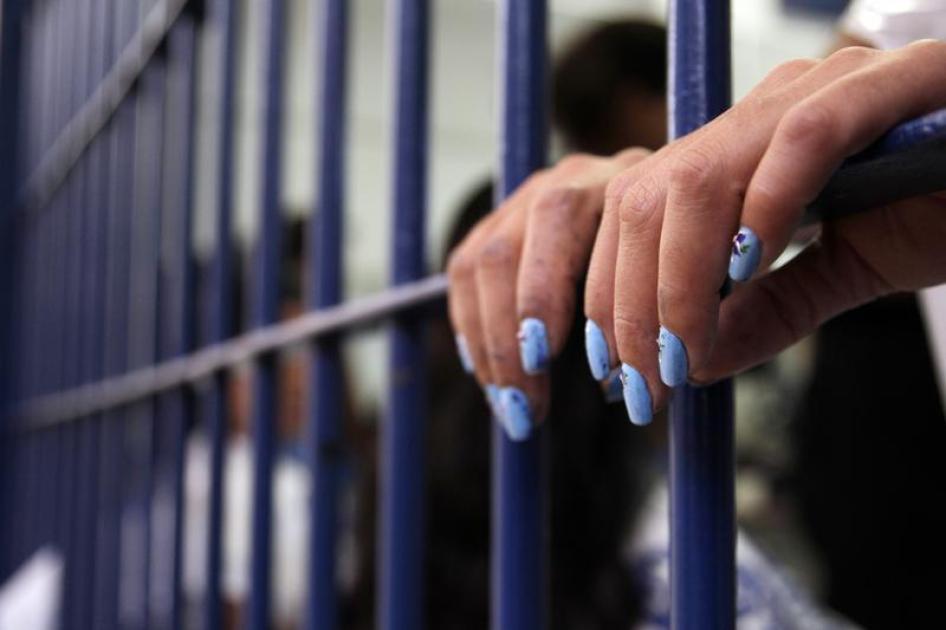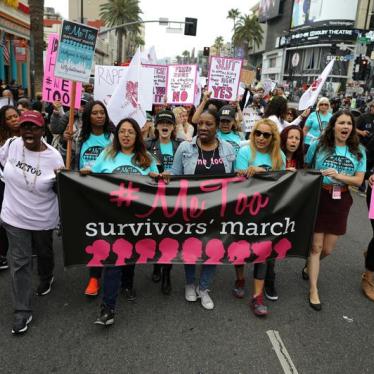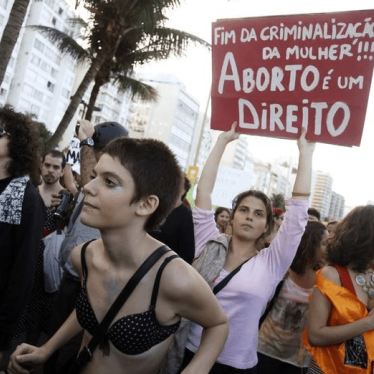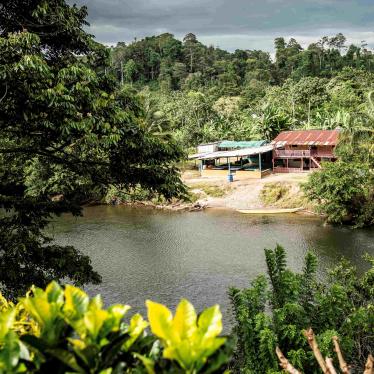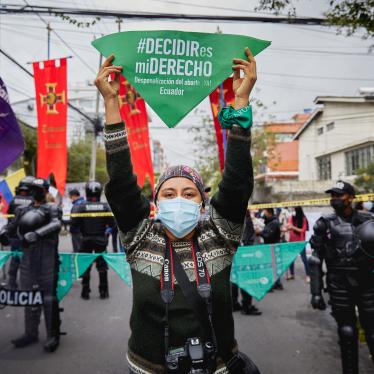The word “victory” is rarely uttered alongside the word “prisons” in Brazil, where even pre-trial detainees are routinely held in overcrowded, unsanitary and violent cells. But this week, Brazil´s Supreme Court issued a landmark ruling that pregnant women, mothers of children up to the age of 12 and of persons with disabilities, accused of non-violent crimes, should await trial under house arrest not in detention.
The ruling offers some relief to moms like Jéssica Monteiro, a 24-year-old with no criminal record arrested on February 10 in São Paulo allegedly with 90 grams of marijuana and thrown into a filthy police precinct cell, despite the fact that she was 39-weeks pregnant. The next day she went into labor and was taken to hospital. In a hearing held in Monteiro´s absence, a judge ruled she should remain in jail pending her trial. On February 13, police returned her to the cell, where she slept on a mattress on the floor with her newborn. The public outcry led to her release pending trial.
Up to 15,000 women held pending trial could be released following the Supreme Court´s ruling, according to officials. The ruling throws light on Brazil’s overuse of pretrial detention, in violation of human rights law leading to what the Inter American Commission on Human Rights has called a “chronic problem” of “arbitrary and illegal application of pretrial detention” in the region.
But the Supreme Court’s decision also focuses on the special harm for women and children in the deplorable conditions of Brazil`s prisons. For instance, prenatal and postpartum medical care are minimal or non-existent and two thirds of female detention centers lack designated facilities for pregnant women and babies.
In 2016, I interviewed pregnant and breastfeeding women at the Bom Pastor prison in Recife –both pretrial and convicted– who were denied pads for post-partum bleeding, had little or no access to doctors for them and their babies, and received no special diet. The Supreme Court´s decision will help women at Bom Pastor awaiting trial, but not those serving sentences, even though their conditions are equally degrading.
Brazil´s incremental steps on law and prison reform have still a way to go, both to address excessive pretrial detention for all, and ensure all pregnant women and mothers in detention are held in humane conditions, with adequate health care, in compliance with Brazilian law and international standards.

